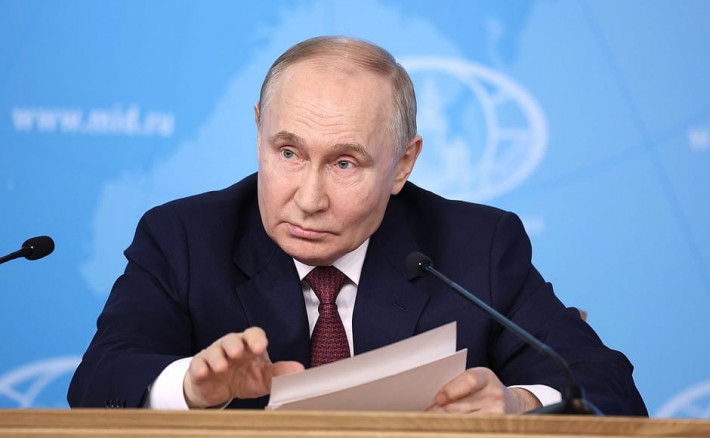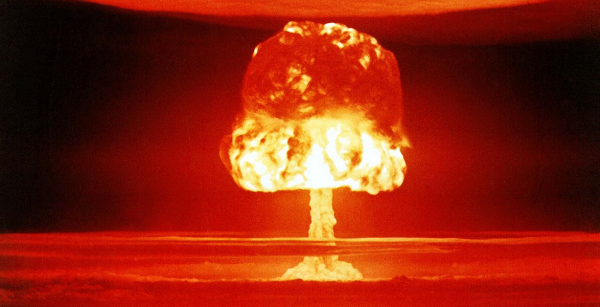Chas Freeman gave an interview to the “Douglas Macgregor Today” podcast on July 21, in which he used his years of diplomatic experience to give an accurate historical assessment of the world’s problems, and used his wisdom to provide a path out of the crisis.
Citing his July 10 address to the Chinese-Cambridge Executive Leadership Program, among Freeman’s main points was that the G7 nations, which he calls a “club of the imperial powers,” no longer follow UN mandates or guidelines from international agreements. This club of imperial powers has created the “rules-based order,” but the club will create the rules, alter the rules, exempt themselves from the rules, and decide which countries will be required to follow the rules. He says that this is not the “rule of law,” but the “rule by law.” The Global Majority prefers the UN Charter and international agreements, and views the “rules- based order” as hypocritical, arbitrary, fraught with double standards, and based on a narrative that denies reality.
The Global Majority is creating a new order that is not restricted to a “multipolar” concept, but is “multi-nodal,” meaning that countries interact differently at different levels with a vast variety of other countries. He also made the point that countries like the U.S. and China may not interact well politically, but have very large economic interactions. He was encouraged by the great diversity of medium and regional powers like Brazil, Saudi Arabia, Türkiye, Nigeria, Mexico, Poland, and Indonesia which may lack great clout on the global stage, but have growing influence, especially in their regions. Each country has sufficient power to make a difference in the world. These countries are independent and will not submit to some overlord. Freeman said that China dominates Pacific Asia, but also has become a global power like the U.S.. He said that there are no other global powers. Freeman compared it to Russia which has a global military reach, but Russia does not have the economic influence with the exception of the issue of energy.
He said that the U.S. has lost its dominance in every field except military. The U.S. is obsessed with a democratic ideology, yet it is becoming more authoritarian. However, the loss of democracy in the U.S. is not from meddling by Russia, China, or some other power, but rather it has been a self-inflicted wound. It has been the U.S. which has made the world a less democratic place by denigrating the UN, paralyzing the UN Security Council, and ignoring international agreements. If the UN cannot be rebuilt, then it should be replaced, but it will not by the U.S. which will lead any reform effort. The U.S. does not use diplomacy or dialogue, but rather sanctions and ostracism. But knowing yourself and knowing your adversary is critical whether in diplomacy or on the battlefield. The West now divides the world into blocs and uses economic, trade, and technology embargoes against foes. The U.S. foreign policy now relies on the military, and the economy relies on protectionism. If the U.S. is unable to compete with China, it merely bans selected imports.
But Freeman warns that self-reliance can go too far and used the example of China in 1793 which rejected all of the innovations presented by a British trade delegation which condemned China to backwardness for 150 years. The G7 countries used to be at the center of human progress, but now it is retreating. China now has rejected this self-imposed isolation and engages the world making itself into a dynamic scientific and industrial powerhouse. The policies of sanctions and intimidation merely creates resentments that will last for generations. This is not solving problems, but entrenching us into the problem. The Thirty Years’ War was ended by the Treaty of Westphalia which included mutual respect and we risk total war if we do not return to this approach.




























